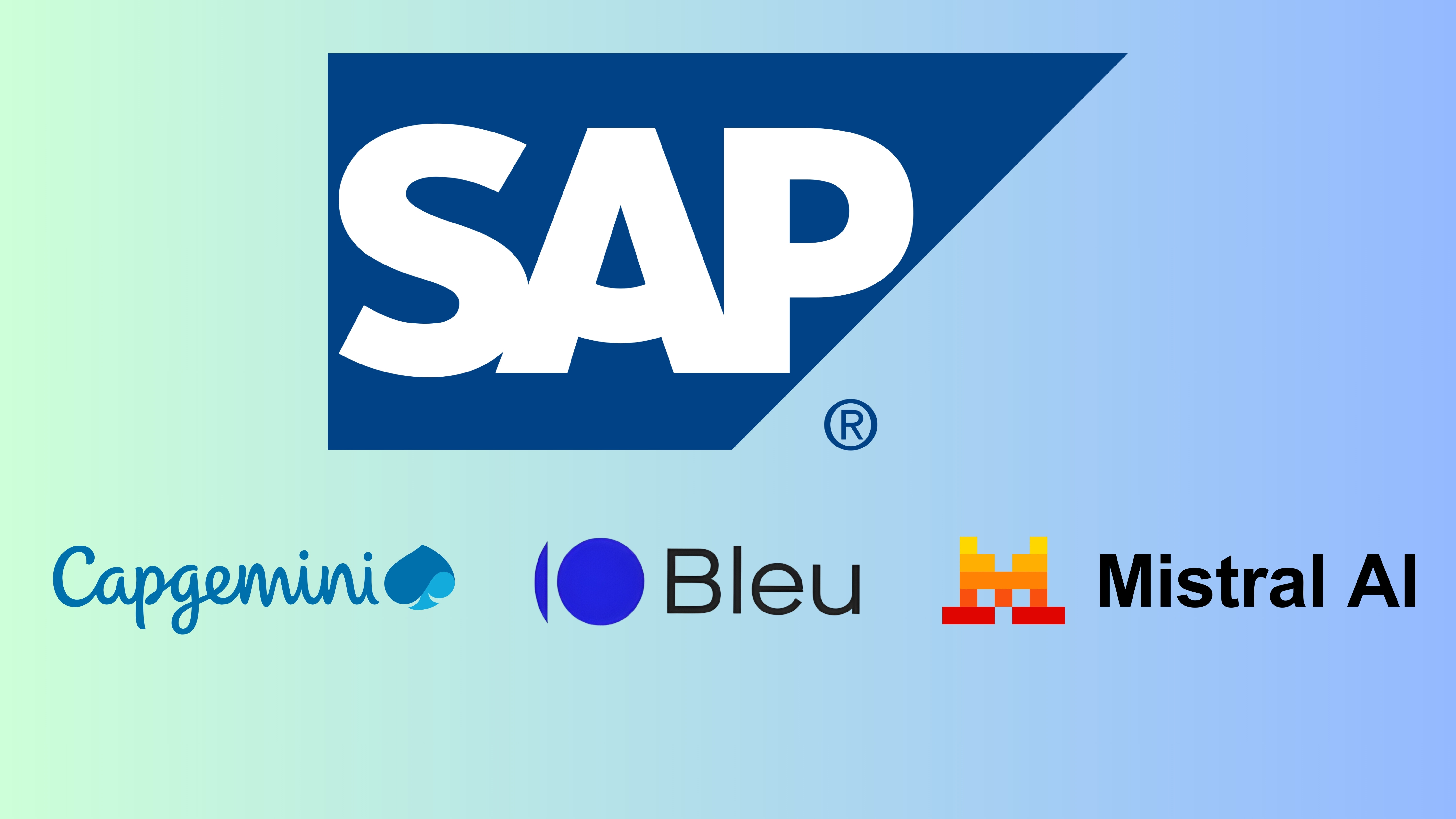The White House is urging Congress to reject a bipartisan proposal that would restrict Nvidia from selling advanced AI chips to China and other countries subject to an embargo. The GAIN AI Act would require chipmakers to prioritise US buyers before exporting high-performance hardware.
Lawmakers are debating whether to attach the provision to the annual defence spending bill, a move that could accelerate approval. The White House intervention represents a significant win for Nvidia, which has lobbied to maintain export flexibility amid shifting trade policies.
China was previously a significant market for Nvidia, but the firm has pared back expectations due to rising geopolitical risks. Beijing has also increased scrutiny of US-made chips as it pushes for self-reliance in AI and semiconductor technology.
The policy discussions come shortly after Nvidia posted stronger-than-expected third-quarter earnings and issued an upbeat outlook. CEO Jensen Huang has pushed back against concerns of an AI-driven valuation bubble, arguing demand remains robust.
Would you like to learn more about AI, tech, and digital diplomacy? If so, ask our Diplo chatbot!










